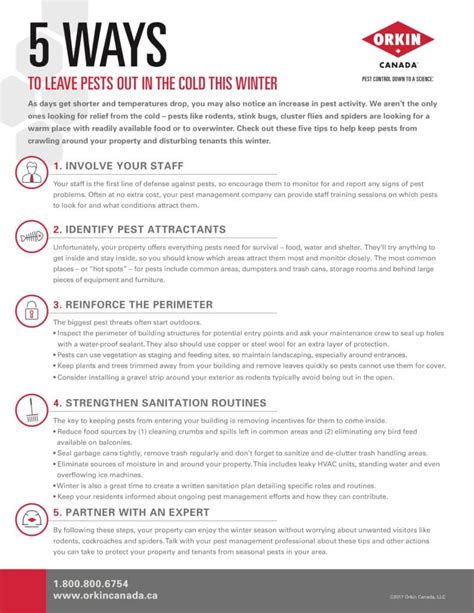The concept of leaving, whether it be a relationship, a job, or a living situation, can be a daunting and complex process. It requires careful consideration, emotional resilience, and often, a deep understanding of oneself and the circumstances that have led to this decision. Leaving is not just a physical act, but also an emotional and psychological one, involving the disentanglement of emotions, identities, and sometimes, the very fabric of one's life. In this context, navigating the process of leaving in a way that is both respectful to others and empowering to oneself is crucial.
Understanding the Reasons for Leaving

Before embarking on the journey of leaving, it’s essential to understand the reasons behind this decision. Is it due to a toxic environment, unfulfilled expectations, or perhaps a desire for personal growth and exploration? Identifying the root cause can help in making a more informed decision and can significantly impact the approach one takes to leave. For instance, leaving a toxic relationship may require a more immediate and decisive action, whereas leaving a job might involve a more strategic planning process, including securing another source of income or updating one’s professional portfolio.
Key Points to Consider
- Identify the primary reason for leaving to guide the decision-making process.
- Assess the potential impact on all parties involved, including oneself, family, friends, and colleagues.
- Develop a support system, whether it be friends, family, or professional counselors, to provide emotional and practical support.
- Plan the logistics, such as financial arrangements, living situation, and any necessary legal steps, depending on the context of the leave.
- Prepare for the emotional aftermath and the process of healing and growth that follows leaving.
Strategies for a Respectful Departure
Leaving in a respectful manner, regardless of the circumstances, is not only a sign of integrity but also a way to maintain dignity and possibly leave the door open for future interactions. This can involve open and honest communication about one’s feelings and reasons for leaving, expressing gratitude for the experiences and lessons learned, and offering support during the transition phase. For example, in a professional setting, this might mean providing adequate notice, training a replacement, and being available for any questions or concerns after one’s departure.
| Aspect of Leaving | Strategies for a Respectful Departure |
|---|---|
| Communication | Be honest, clear, and respectful in all interactions. |
| Transition | Ensure a smooth handover of responsibilities and tasks. |
| Emotional Support | Be empathetic and understanding, acknowledging the feelings of all parties involved. |

Navigating the Emotional Aftermath

Leaving can trigger a wide range of emotions, from relief and excitement to sadness and guilt. It’s essential to acknowledge these feelings and allow oneself the time and space to process them. This might involve seeking professional help, engaging in self-care activities, and reconnecting with hobbies and interests that bring joy and fulfillment. The emotional aftermath of leaving is a journey of healing and growth, offering an opportunity for self-reflection, learning, and evolution.
Building a Support Network
A strong support network can be invaluable during the process of leaving and its aftermath. This network can provide emotional support, practical advice, and a sense of community and belonging. Building and nurturing this network involves staying connected with friends and family, possibly joining support groups or clubs that align with one’s interests, and being open to forming new connections and relationships.
What are the first steps to take when considering leaving a situation?
+The first steps involve identifying the reasons for leaving, assessing the potential impact, and planning the logistics of the departure. It's also crucial to start building a support system for emotional and practical support during and after the transition.
How can one ensure a respectful departure?
+Ensuring a respectful departure involves honest and clear communication, a smooth transition of responsibilities, and empathy towards all parties involved. It's about finding a balance between one's needs and the feelings and boundaries of others.
What role does self-care play in the process of leaving and its aftermath?
+Self-care is crucial as it helps in managing the emotional aftermath of leaving, facilitating healing, and promoting personal growth. It involves activities that nurture the mind, body, and soul, such as exercise, meditation, spending time in nature, and engaging in hobbies and creative pursuits.
In conclusion, leaving, whether it be a job, a relationship, or any other situation, is a complex and deeply personal process. It requires careful consideration, emotional resilience, and a deep understanding of oneself and the circumstances. By understanding the reasons for leaving, planning a respectful departure, navigating the emotional aftermath, and building a strong support network, one can turn the process of leaving into an opportunity for growth, healing, and a new beginning.
